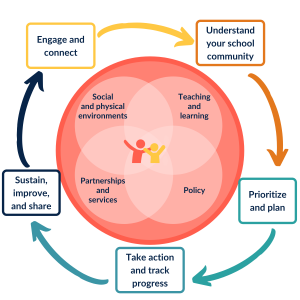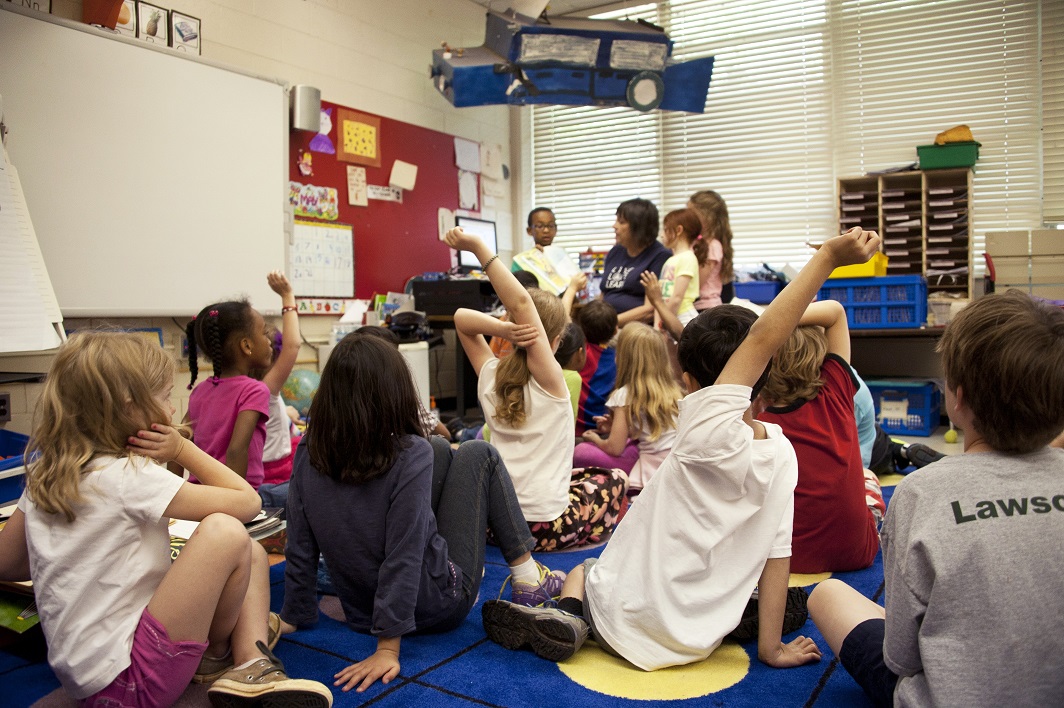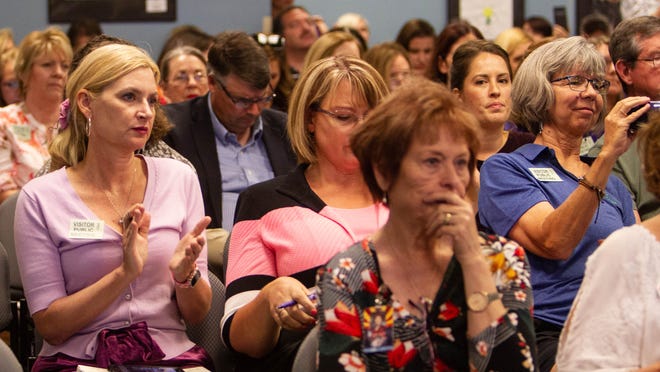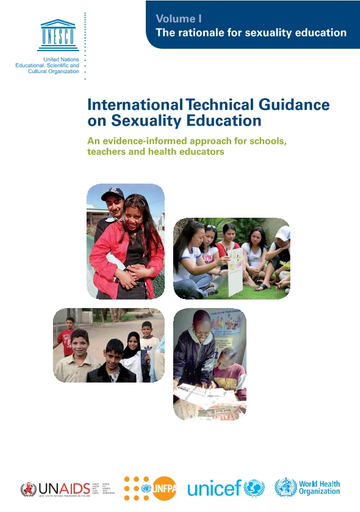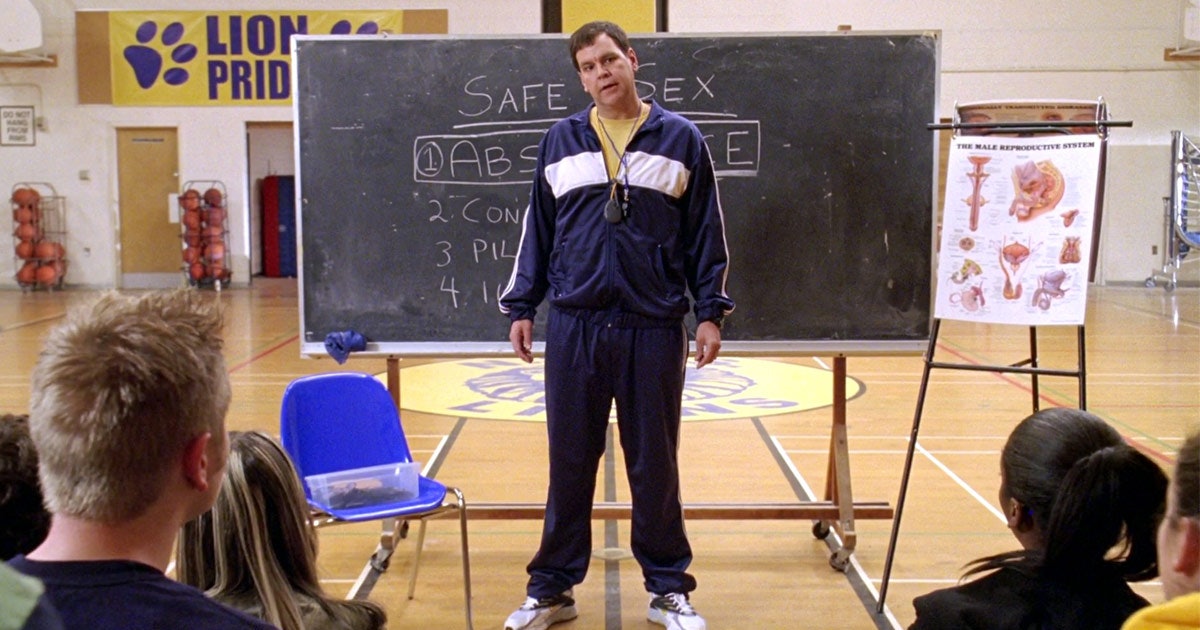Sexual education, also known as sex education or sexuality education, is the process of acquiring knowledge and skills related to human sexuality and relationships. It includes topics such as anatomy, reproduction, contraception, and healthy relationships.
There are many arguments for and against the inclusion of sexual education in schools. Those who support the inclusion of sexual education in schools argue that it is a necessary part of a well-rounded education and that it can help young people make informed and responsible decisions about their sexual health and relationships.
One key benefit of sexual education in schools is that it can help young people understand their own bodies and reproductive health. This can be particularly important for young people who may not have access to comprehensive information about sexuality and reproductive health from other sources. By providing this information in a safe and supportive environment, schools can help young people feel more confident and empowered to make informed decisions about their sexual health.
Sexual education can also help young people develop healthy relationships and communication skills. By learning about consent, communication, and healthy boundaries, young people can be better equipped to navigate the complex and often confusing world of relationships. This can be especially important for young people who may not have positive role models or supportive adults in their lives to guide them in these matters.
On the other hand, some people argue that sexual education should not be taught in schools because it is the responsibility of parents to teach their children about these topics. They may also argue that sexual education can promote promiscuity or encourage young people to engage in risky behaviors.
However, research has shown that comprehensive sexual education, which includes information about both abstinence and contraception, does not increase rates of sexual activity or risky behaviors. In fact, studies have shown that young people who receive comprehensive sexual education are actually more likely to delay sexual activity and use contraception when they do become sexually active.
Overall, I believe that schools should teach sexual education as part of a comprehensive health education curriculum. It is a necessary part of young people's development and can help them make informed and responsible decisions about their sexual health and relationships. By providing this information in a safe and supportive environment, schools can play a vital role in helping young people develop the knowledge and skills they need to lead healthy and fulfilling lives.
